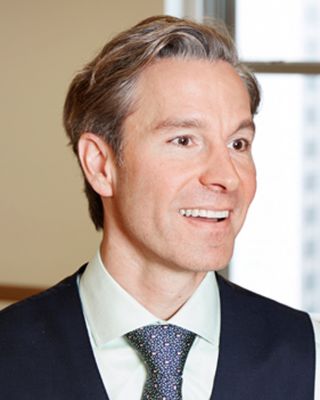
David Nadel, Portfolio Manager and Principal, joined Royce & Associates in 2006. Previously, Mr. Nadel was a Senior Portfolio Manager at Neuberger Berman from 2004 to 2006, and a Senior Analyst at Pequot Capital Management from 2001 to 2003. He was also named to the 1999 and 2000 Institutional Investor All-American Research Teams.
One of David Nadel’s top picks is a medical device manufacturer based in Australia. “Cochlear (ASX:COH) is from Australia, which Mark and I visited together in June, in part because they have not had a recession for 25 years, and also because since 1900, the total return of the Australian equity market has been about double that of the U.S. Incidentally, a big part of that superior Australian return has been dividends. Australian companies are much more generous with dividends than your readers will be used to here.
Cochlear is the world leader in cochlear implants, with about a 65% global market share.”
Mr. Nadel goes into detail on a number of other top picks and bangs the table for Swiss based stocks in particular: “…there’s probably no higher-quality corporate market in the world. Switzerland just oozes quality. From large caps all the way down to small caps, there is an upstanding corporate culture there and a history of value creation.”
On the other side, David Nadel is completely sour on commodity based businesses: “I have tried to learn from the best, and the teachings of Michael Porter, of Warren Buffett, of Robert Novy-Marx all underscore what problematic long-term investments commodities tend to be. Remember that equity returns are driven largely by dividends, and commodities offer no yield. The Economist’s commodity index has had a return of around zero since it was launched in the 1870s. That’s 150 years of zero.”
Read the entire transcript of the exclusive interview to get a full review of all the detailed stock winners from David Nadel.
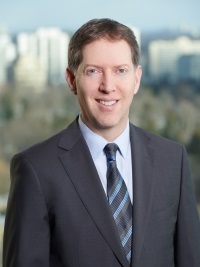
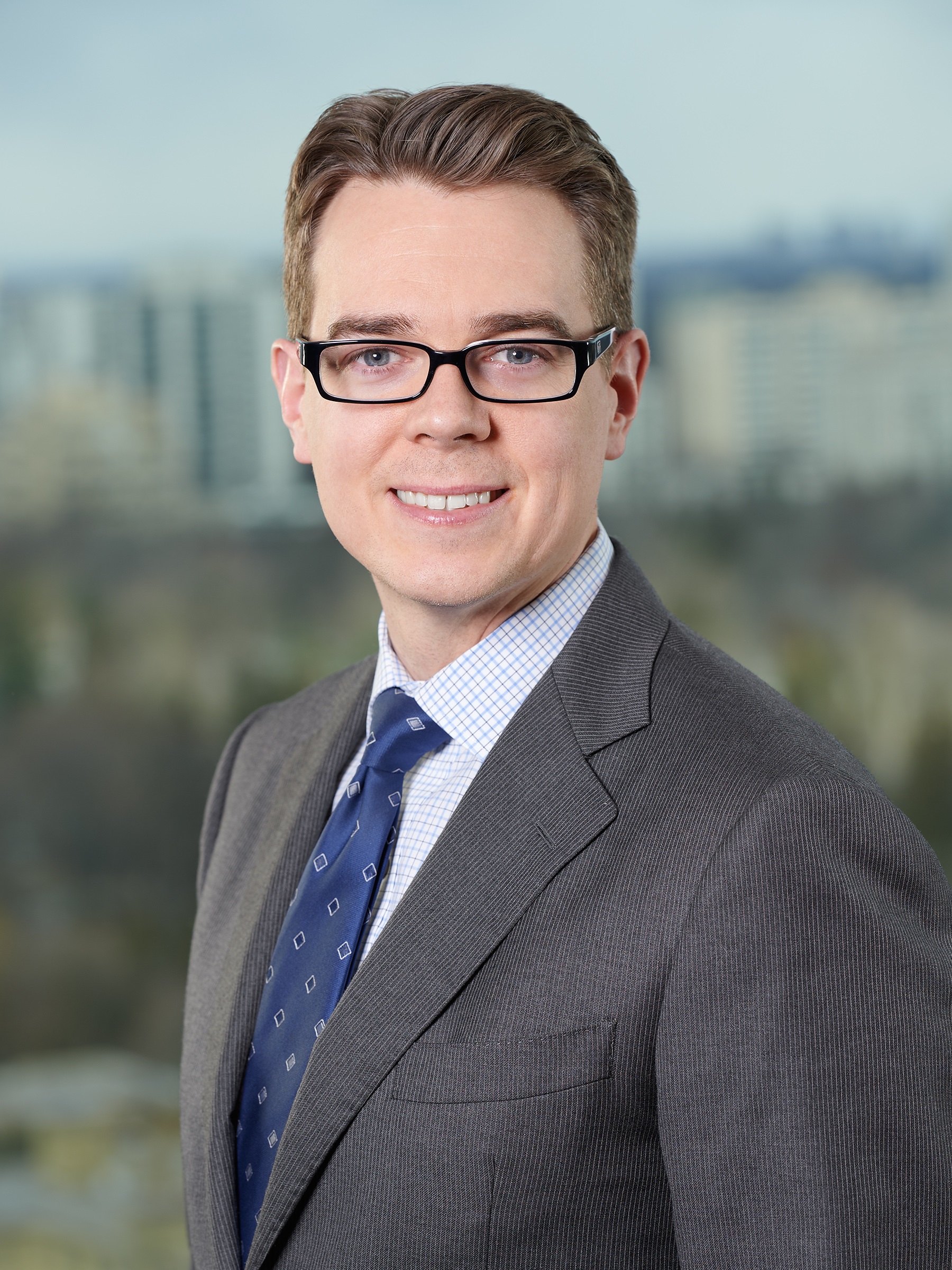
Randall Abramson, CFA, is a Co-Founder, President, CEO and Portfolio Manager at Trapeze Asset Management Inc., or TAMI. Mr. Abramson is also a Co-Founder, President and CEO, and a portfolio manager at TAMI’s affiliated investment dealer, Trapeze Capital Corp., or TCC. Ronald Steinhoff, CFA, is a Portfolio Manager with Trapeze Asset Management Inc., and conducts research and analysis for both TAMI and TCC. In their exclusive interview with the Wall Street Transcript, the two highly regarded money managers detail their investment philosophy and provide examples that illustrate their tremendous value based strategies.
The two experienced portfolio managers have also developed an “early warning system” to detect potential market failures. “After the Great Recession, we developed an economic composite and an indicator of momentum to help alert us to future recessions and bear markets…So we monitor these two macro tools regularly in case we need to raise cash, short the markets to hedge our long positions and alter the characteristics of our portfolio, like moving away from cyclicals. In the meantime, in periods like today, where the alerts aren’t flashing, we remain comfortable being fully invested where we can find the bottom-up investment opportunities.”
One such example is large cap tech stalwart Oracle (NYSE:ORCL). “Oracle stock has kind of gone nowhere over the last few years, hovering around the $40 to $50 level. Now we believe they’re at a key inflection point with their cloud business. We’re expecting to see margins increase, and that’s really because the cloud is approaching 20% of total revenue.”
Another fertile area is in the gold mining sector. Some examples include some well known gold miners: “But unlike some of their brethren, like the Barricks (NYSE:ABX) and the Newmonts (NYSE:NEM) of the world that tend to trade at a premium to their net asset values, we think both can — Kinross (NYSE:KGC) and Goldcorp (NYSE:GG) — actually trade at discounts to their net asset values. And gold itself trading around just shy of $1,300 at the moment, whereas the average producer has a cost just shy of, call it, $1,100, we see upside to the gold price as well.”
For a complete view of the investment picks from Randall Abramson and Ronald Steinhoff, read the entire interview at the Wall Street Transcript.
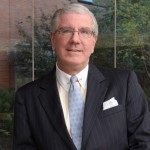
Peter H. Havens, Chairman, founded Baldwin Management, LLC in 1999 after serving as a member of the board of directors and Executive Vice President of The Bryn Mawr Trust Company. Previously, he organized and operated the family office of Kewanee Enterprises. From this base of experience, Peter Havens has created a global view of investment returns. “We want to go where there is growth in the world and expose our client moneys to that growth, and that’s not necessarily only in the United States. We have focused internationally more on the so-called emerging markets as compared to the developed markets. That’s not to say that we have excluded the developed markets such as Germany or France or Spain, but our emphasis has been on places like China and India and in Indonesia.”
This global perspective informs Mr. Havens identification of several picks that he believes will return well above the average in his exclusive interview with the Wall Street Transcript. “One name I would mention is Beijing Enterprises Water (HKG:0371). It’s traded in Hong Kong, and it’s one of the largest water pollution and water distribution companies in China. The reason we like it so much is because there is a great deal of focus in China to clean up its environment…”
Another top pick which Peter Havens believes will return to is previous success is an LNG tanker fleet giant which had cut its dividend. “…So this is a company which now trades at about 12 times earnings, and next year’s earnings are expected to jump so that today’s price would be about 8 times next year’s earnings. The stock has about a 3%, 3.5% yield. We think that what’s going to happen is that as the company reconfigures its debt profile this year, it is going to free up a lot of cash flow, and we think that the distribution could double by sometime next year.”
Get more detailed top picks from this highly regarded money manager by reading the entire interview at the Wall Street Transcript.
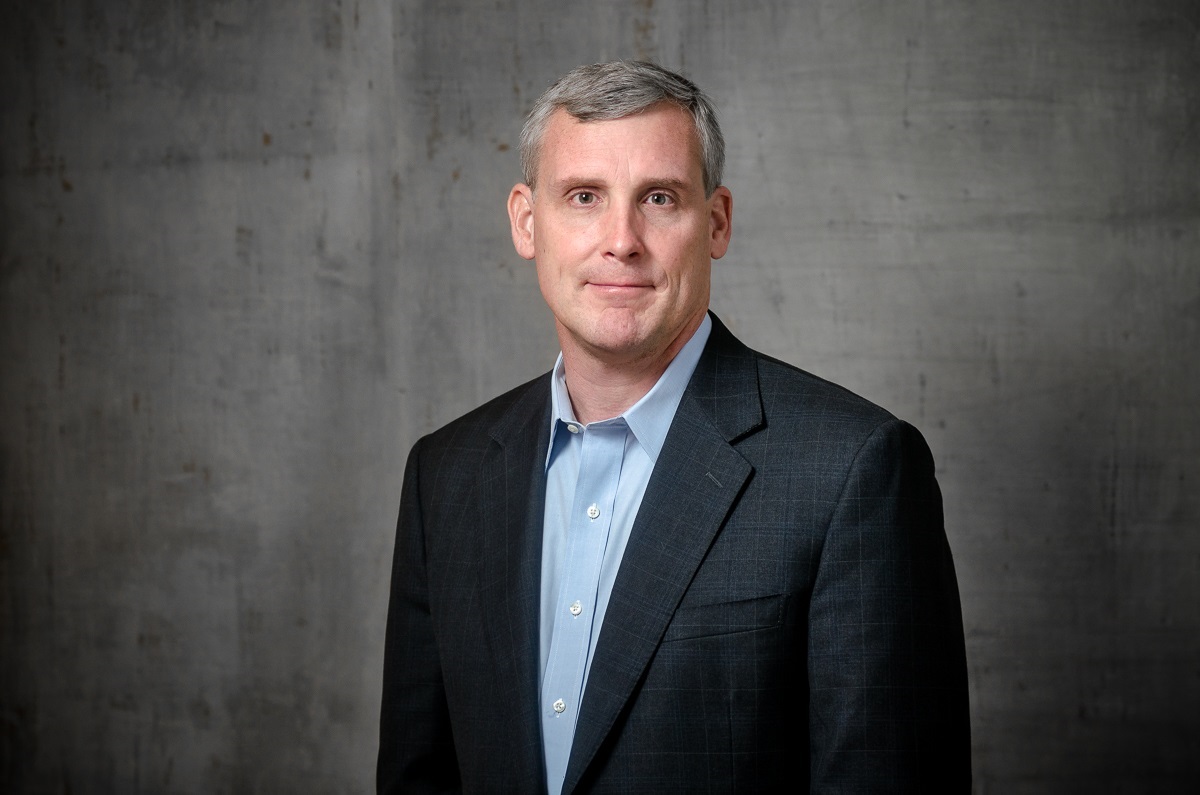
Jeff Stewart, global entrepreneur, is a successful technology start up CEO who has teamed up with Stewart Nutting, former UBS Investment Bank Managing Director, to expand technology IPOs on the ASX, the Australian Stock Exchange (ASX:ASX).
The basis for the partnership with ASX is their fund of high growth global technology businesses: “The fund was created because we saw the U.S. IPO market is broken for small tech companies, where it no longer functioned for companies in the sub-$2 billion range. Meanwhile, we saw that the capital markets in Asia Pacific are functioning for IPOs. The basic observation was that U.S. tech companies would be more valuable and have more financial flexibility and credibility by listing in Asia Pacific, in what we call a global IPO, where you’re a founder-led U.S. company, you’re listed in Asia Pacific, and you get a public investor base from around the world so that you are positioned for growth.”

Mr. Nutting further details the strategy in this exclusive interview with the Wall Street Transcript. “In Australia, which is the ninth-largest share market in the world, 60% of the market structure are financially sensitive, and it’s heavy with economically cyclical global mining companies. The tech sector is very, very underrepresented as a percentage. Australia has a compulsory superannuation savings system like a 401(k) with $2 trillion of assets under management, growing at approximately 10% from government-mandated cash flows, and savers in the region do not have access to technology investments.”
This combination of an extremely high savings rate, not only in Australia but the region as a whole, and the scarcity of high growth tech companies, creates a large scale capital formation opportunity in the highly regulated and transparent ASX. The two global entrepreneurs are taking advantage of this immense arbitrage by matching the two parties.
“The companies we invest in will go public within 12 to 18 months. The portfolio will have between 20 and 25 companies that will be listed, but in the beginning, they will be privately held companies, private U.S. companies in that $100 million to $200 million private market valuation range of technology-enabled businesses. ”
For detail on the companies being selected for the fund, read the entire interview with successful global entrepreneur Jeff Stewart and his colleague Stuart Nutting here at the Wall Street Transcript.
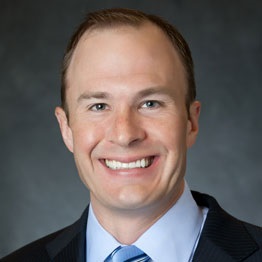
Mason D. King is the Principal and Vice President, Portfolio Management/Equity Research of Luther King Capital Management. Earlier, he was an equity analyst at Hester Capital Management and a private equity investment analyst at Pacesetter Capital Group and Crates Thompson Capital. His value orientation for finding both domestic and international stock return winners is detailed in his exclusive interview with the Wall Street Transcript.
Mr. Kin profiles the firm philosophy regarding superior investment themes: “…we prefer high-quality companies as measured on any absolute measure, and so not just against a small, narrow industry comp group but also how those return profiles match up against what our expected returns would be for any investment that we might have. We measure that against an ROE, return on equity, or return on tangible common equity or return on invested capital, which is just your typical analysis. And so we also break it down into the components, and we want them to be able to reinvest this free cash flow at those high rates. So we also want to see high free cash flow generation and attractive incremental margins.”
Employing this criteria results in specific stock selections. “One that quickly comes to mind in the small-cap space is Banc of California (NYSE:BANC), and it’s a little bit of a special situation. ”
“They were doing some things on their securities book that was also adding some lack of visibility, and they were bringing in a lot of capital. They had some private placements that added to the capital capacity that they had, but they had poor transparency. They had volatility or uncertainty around their earnings, and they had questionable board oversight, and there were some shorts that came in and highlighted and actually made some false accusations, which was really too bad because they were ill-founded, but they highlighted some of the concerns around the transparency and the oversight.
So there was a management change. ”
To see more of the stock picks that meet with this level of scrutiny with Mason King, read the entire interview at the Wall Street Transcript.
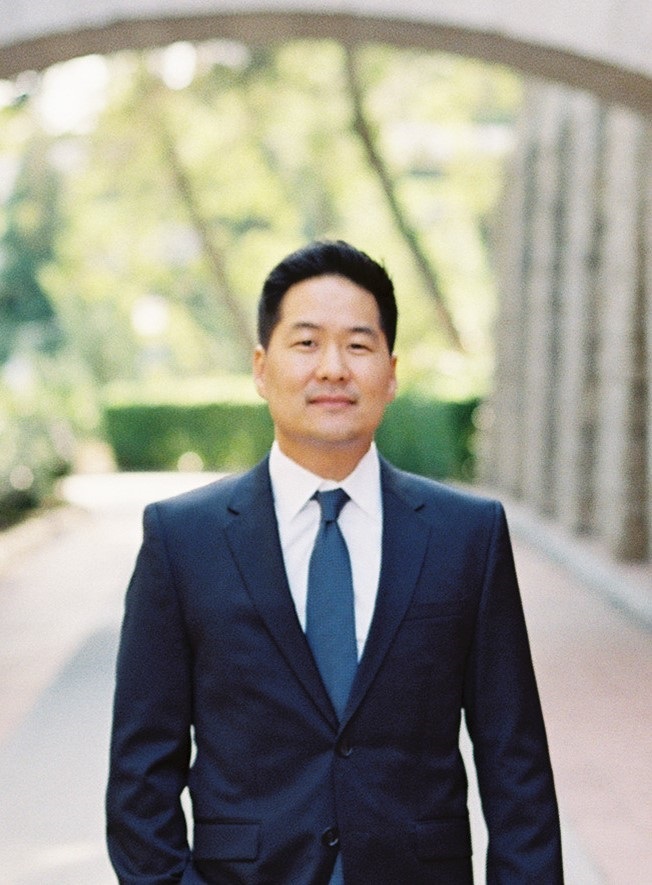
Tom Youn, CFA, is Managing Director and Portfolio Manager for Guggenheim Investments. Mr. Youn joined Guggenheim Investments in 2009 as a Portfolio Manager focusing on REITs and other publicly traded real estate equities. In his exclusive interview with the Wall Street Transcript in his own words, “I consider myself to be a REIT specialist and a real estate expert, if you will. Nearly my entire career has been in real estate. And so when we are evaluating our investment opportunities, we take a private market investor’s lens. We try to really understand the underlying assets, the underlying market trends, and try to identify relative value opportunities as we compare what’s happening in the private real estate marketplace compared to what’s being offered in terms of valuations of pricing in the public REIT space. And by comparing, contrasting those two markets, that’s where we often come up with our relative value views, and that’s where we uncover our opportunities.”
Mr. Youn’s portfolio provides a unique service for his his investors. “Our solution was to combine the long-only and market-neutral long/short strategies that we successfully managed over these years. And to combine those two strategies as underlying sleeves that operate independently within the fund and also actively modulate between those two sleeves to effectively modulate the overall market exposure of the fund. So we have the unique goal — design objective — to again provide all the upside to REITs but actively mitigate the downside, we have this unique framework. We combine a long-only strategy with a market-neutral long/short strategy and apply a risk management tool on top to actively modulate between the two.”
One investment strategy for Mr. Youn’s funds is to identify discrepancy between one market and another, at a very granular level. “I would emphasize that the way we look at the world, we’re less concerned about absolute movements, so the entire REIT market or commercial real estate market moved up or down. We’re more agnostic to that. We’re more focused on relative value. So if I compare what’s happening in Austin and what they’re doing with their portfolio pipeline to let’s say what’s happening in Midtown Manhattan, they have a lot of supply coming on, and their actual rental rates are declining, which, I think, a lot of people find surprising. It’s the exact opposite in Austin. It’s probably one of the healthiest office markets, and you know, they’re still seeing market rent growth.”
The turnaround story also provides above market returns: “…0ne more company we can talk about, this is a health care REIT called Sabra (NASDAQ:SBRA). You can notice a trend here as I like to take advantage of kind of sharp changes in sentiment. Similarly, it has some self-inflicted wounds, I’ll call it a selloff of about 25% in the shares. It merged with another health care REIT, which added a lot of risk to the company that the Street didn’t appreciate.”
Read the entire interview at the Wall Street Transcript to get the complete detail of Mr. Youn’s investment highlights.
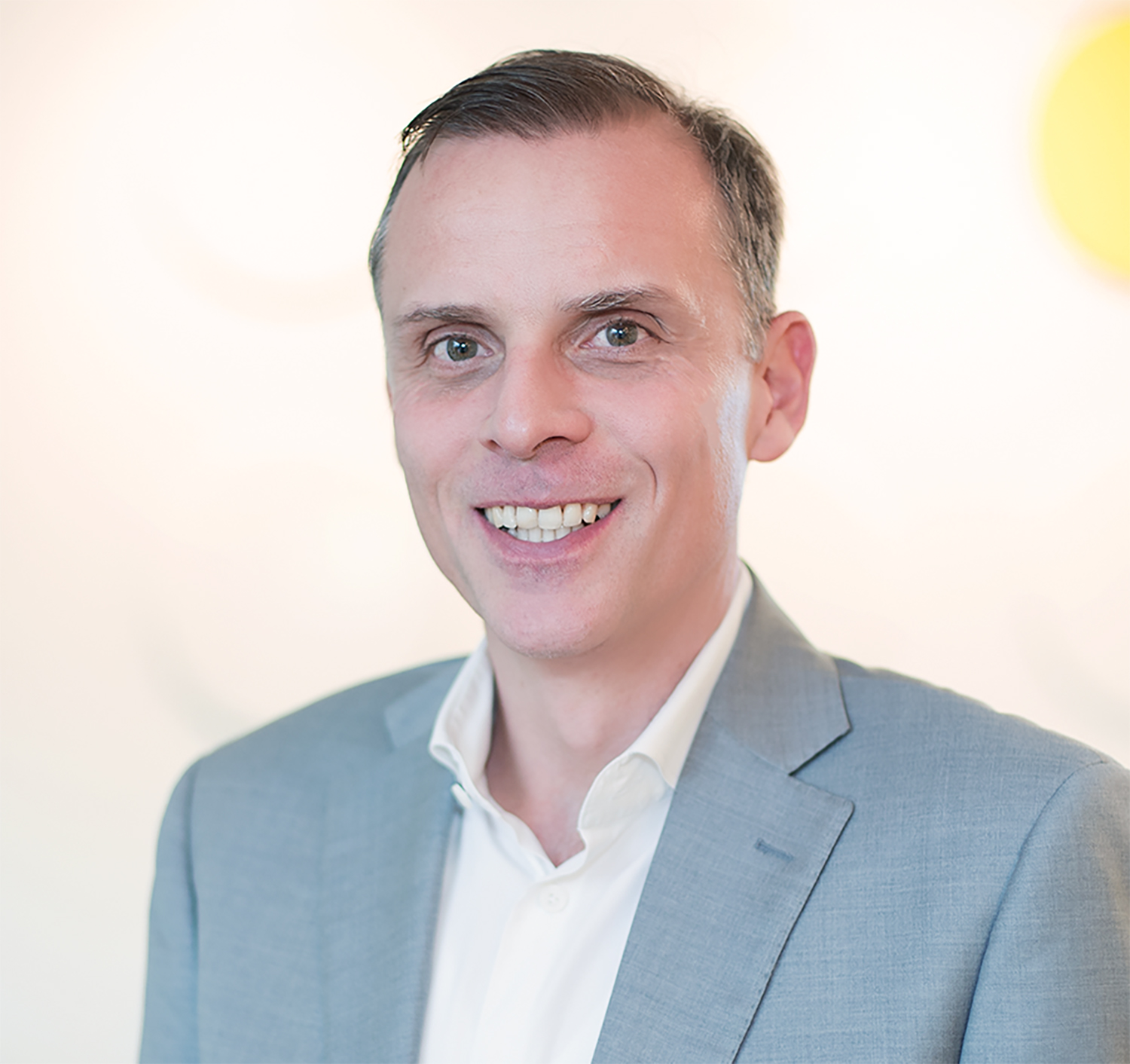
Rouven Bergmann is the Chief Financial Officer of Medidata Solutions (NASDAQ:MDSO). Previously, Mr. Bergmann was CFO of the multibillion-dollar software business SAP (NYSE:SAP) North America, where he was responsible for overseeing all financial activities for SAP’s largest business unit. His key accomplishments include driving SAP’s transition from a traditional licensing model to SaaS and leading acquisition integrations. In this exclusive interview with the Wall Street Transcript, Mr. Bergmann details the strategic direction of this high powered medical trials software company.
Mr. Bergmann describes his company’s main product: “the Medidata Clinical Cloud is the primary technology solution powering clinical trials. We have 18 of the top 25 global pharmaceutical companies as our customers as well as 18 of the top 25 medical device developers worldwide. Essentially, we are the de facto standard today for clinical development, much like Amazon Web Services for cloud infrastructure.”
The SaaS solution that Medidata provides uses remote data storage as a key component: “In our cloud, for example, we operate 14,000 trials, 4 million patients and 500,000 sponsor site relationships. It is by far the largest cross-sponsor clinical trial data asset in the world, and that gives us unique insights into clinical development.”
The CFO goes to explore the sources of future investment returns for Medidata shareholders. “Accelerated growth is coming from…important aspects of clinical development, such as patient randomization, risk-based monitoring, payments, site selection, mHealth and advanced analytics. That’s where our accelerated growth is coming from.”
He goes on to detail the product development that will add significantly to Medidata’s top and bottom line. “Our ability is to have a very scalable business model that allows us to invest in R&D and build these very exciting future products that have increasing value to our customers. It is important to understand that the scale of the business model, enabling innovation and driving future growth are all very tightly linked.”
To read the entire interview, visit the Wall Street Transcript.
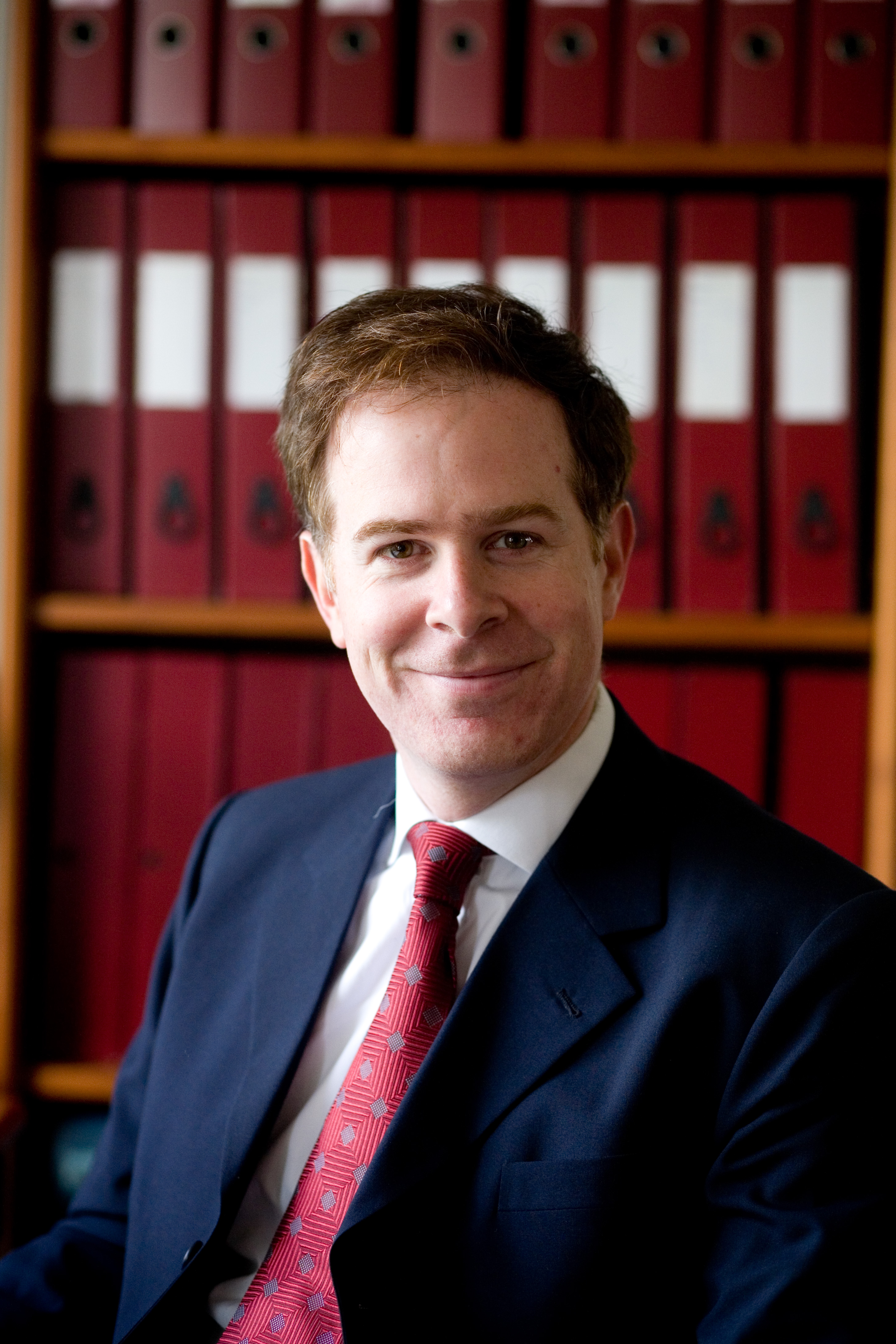
Edmund Harriss serves as an Investment Director, Fund Manager and Director of Guinness Atkinson Asset Management Inc. as well as a Portfolio Manager of the Asia Pacific Dividend Builder Fund (MUTF:GAADX). His investment criteria screens thousands of stocks for those that consistently generate above average returns and dividends. He details this process in his exclusive interview with the Wall Street Transcript.
“We require a company to have generated a return on capital that has been above the cost of capital for at least eight consecutive years…A company that has generated a return on capital above the cost of capital for eight consecutive years has a 90% probability that it will do so the following year and a 73% probability it will do so in three years’ time.”
Further, the companies selected for Mr. Harriss’ portfolio must “…all companies that we invest in have to pay a meaningful dividend. They have to have a dividend yield at the time of purchase of at least 2%, and what we are looking for are companies, therefore, that demonstrate the quality in terms of these returns on capital, which will drive profitability…They are undervalued by the market, which will give you the expectation of capital growth. ”
The portfolio manager details his investment process for a variety of holdings in this interview. “The third stock that interests me is a company called TISCO Financial (BKK:TISCO) in Thailand. They are a financing company that focuses on providing higher-purchase finance for scooters and cars…Their offices are not particularly flashy, and they are a bit down-at-heel in fact. It is not particularly well thought of as a high-quality brand, but that is just a reminder that as an investor you can get distracted between what is shiny and glossy and what actually is a value creator.”
To read all of Mr. Harriss’ detailed interview, go to the Wall Street Transcript.
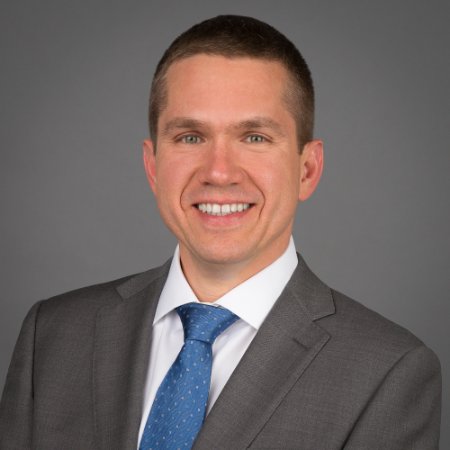
Egor N. Rybakov, CFA, is Senior Vice President and Global Equity Portfolio Manager for RMB Capital, a Chicago-based independent financial services firm with more than $8.1 billion in assets under management. In his exclusive interview with the Wall Street Transcript, Mr. Rybakov reveals in detail the investment process he has honed for the past two decades — screening the universe of international equities to uncover mispriced quality companies expected to create long-term value.
Currently, the asset manager is looking far and wide for undervalued stock listings: “…the markets are fairly valued, and in order to discover investment candidates with long-term positive risk/reward, one has to explore companies toward the lower-cap spectrum of the market. That is where we have a competitive edge through our philosophy and process, which are different when compared to those generally offered by the rest of the managers.”
Mr. Rybakov is very focused on being a business owner, rather than a stock holder. “Rather than looking at a company and trying to predict what it will do in any given quarter or year, we analyze the business model trying to understand what it is capable of delivering in terms of cash flows, returns and growth over the long term. From that point of view, we allow ourselves to focus on discovering genuinely robust business models with strong competitive moats, strong industry positioning and management teams whose interests are well-aligned with the interests of shareholders — and, ultimately, to buy such models when they are underappreciated.”
An example of a recent investment decision is Skellerup Holdings (NZE:SKL). “This is a company that is domiciled in Auckland, New Zealand, and it has roughly $250 million U.S.-dollar-equivalent market cap. Now, while Axactor, Asante and most of our holdings have been discovered by our investment screens where we search the financial databases for the qualitative and evaluation parameters of our proprietary approach, Skellerup came to our attention as a part of the competitive analysis of one of our other holdings, Avon Rubber Plc (LON:AVON), which is a U.K. company. Skellerup specializes in the manufacturing of rubber and foam products.”
To review the details on the Skellerup investment and review of all of Mr. Rybakov’s top holdings, read the entire interview at the Wall Street Transcript.
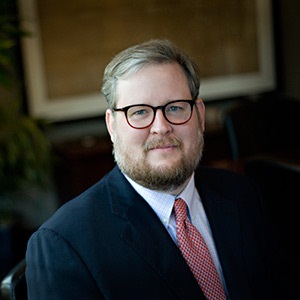
David Ott is the Chief Investment Officer and Partner of Acropolis Investment Management, and is a long term principal and partner at this respected money manager.
Diversification has fueled the returns for the asset manager’s customers: “…there’s historically been a premium for investing in small caps. And so we want to stay diversified both to reduce risk but also to try and get that excess return. Now, it’s been a while since we have seen it. But I believe that it still exists.”
Avoiding developing market risk has been key for portfolio out performance recently: “If you look at the world, it’s about half U.S. and about half outside the U.S. And then if you look at the non-U.S. markets, it’s about 80% developed and 20% emerging. We have an active home bias, in that we’re 75% U.S. and 25% overseas across equities instead of 50/50. Then within overseas equities, we’re 80% developed and 20% emerging. And that takes it down to 5% or less for most portfolios in emerging. So we don’t face that particular risk.”
The money manager also avoids excess risk by focusing the portfolio on better traded industry segments: “So the first thing we do is exclude the four smallest sectors. Until recently, that meant utilities, basic materials and telecom. Financials recently split off REITs into an independent sector, so that is now pretty small. We avoid those four when we do our individual stock implementation. They’re just too small, and they don’t have very many names within them.”
Read the entire interview with this Chief Investment Officer and get all the investing strategy recommendations at the Wall Street Transcript.